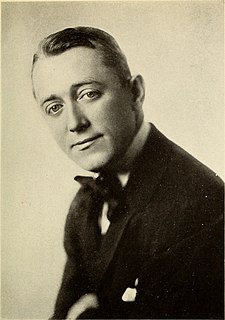A Quote by Henry David Thoreau
Related Quotes
The subject of the poem usually dictates the rhythm or the rhyme and its form. Sometimes, when you finish the poem and you think the poem is finished, the poem says, "You're not finished with me yet," and you have to go back and revise, and you may have another poem altogether. It has its own life to live.
When death comes, it's just like winter. We don't say, "There ought not to be winter." That the winter season, when the leaves fall and the snow comes, is some kind of defeat, something which we should hold out against. No. Winter is part of the natural course of events. No winter, no summer. No cold, no heat.
I know the look of an apple that is roasting and sizzling on the hearth on a winter's evening, and I know the comfort that comes of eating it hot, along with some sugar and a drench of cream... I know how the nuts taken in conjunction with winter apples, cider, and doughnuts, make old people's tales and old jokes sound fresh and crisp and enchanting.
It has been said that a poem should not mean but be. This is not quite accurate. In a poem, as distinct from many other kinds of verbal societies, meaning and being are identical. A poem might be called a pseudo-person. Like a person, it is unique and addresses the reader personally. On the other hand, like a natural being and unlike a historical person, it cannot lie.
You're a grand old flag! You're a high-flying flag, And forever in peace may you wave. You're the emblem of the land I love, The home of the free and the brave. Ev'ry heart beats true 'Neath the Red, White and Blue,' Where there's never a boast or brag. But should auld acquaintance be forgot, Keep your eye on the grand old flag.



































